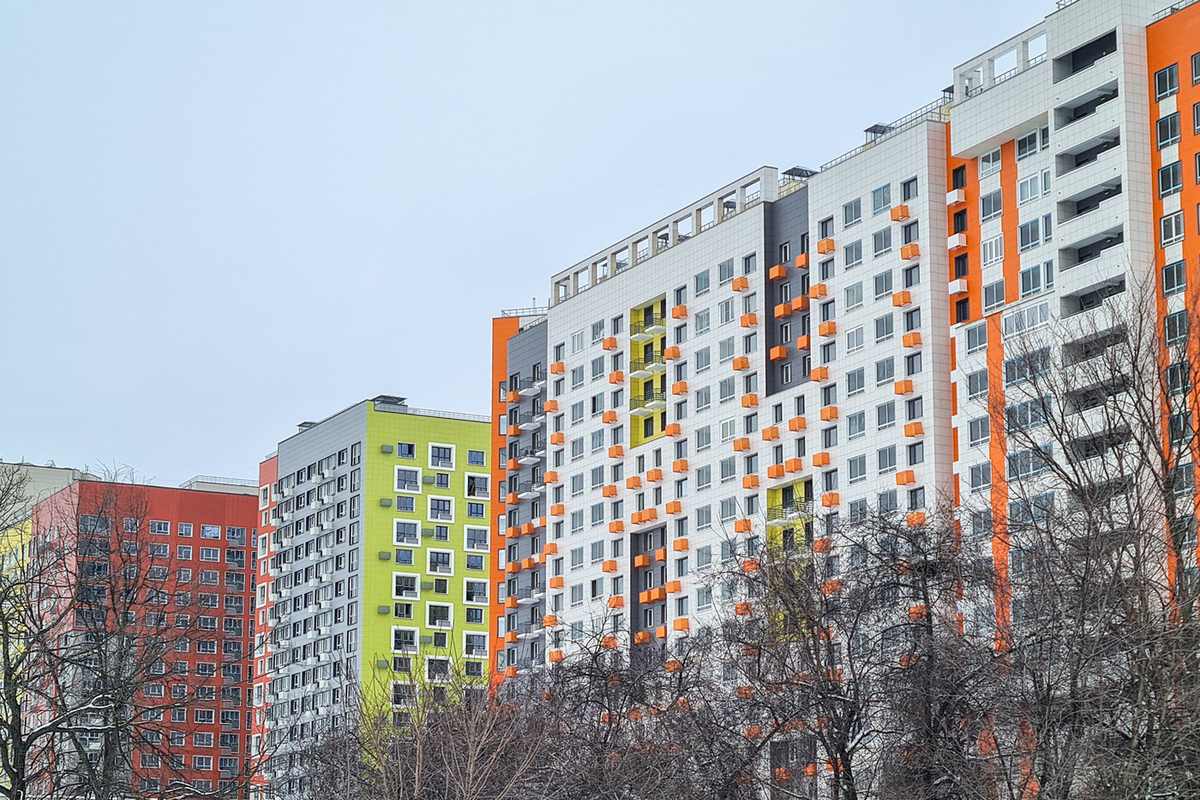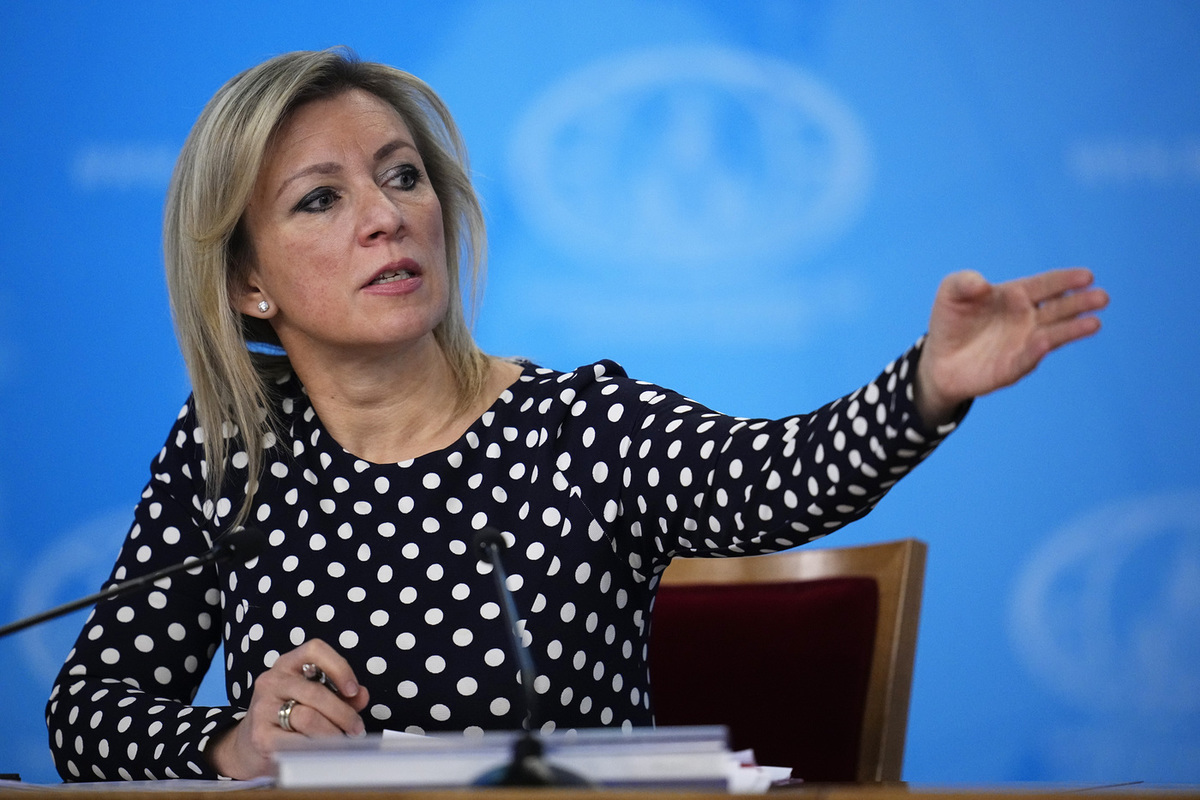The IMF warned of the risk of a repeat of the 2008 crisis


Mortgage default risks are again becoming a serious threat to the stability of developed countries, they can cause a wave of defaults in the financial market, comparable in scope to the crisis of 2007-2009, follows from the IMF report “How the fall in residential real estate prices can deform financial markets against the backdrop of growth interest rates” (How Falling Home Prices Could Strain Financial Markets as Interest Rates Rise). Against the backdrop of falling real estate prices, mortgage rates continue to rise - this creates high pressure on borrowers. There are two particularly vulnerable groups among them. The first is borrowers with floating rate loans. The second is citizens who took out a mortgage in 2020-2021, when housing prices jumped amid the COVID-19 pandemic. As of the end of 2022, the average mortgage rate was 6.8% for developed economies, the IMF notes. In 2020, it was about 3%, according to Freddie Mac.
The organization's experts point out that default risks are highest in countries where there are high levels of household debt and a large number of loans with floating interest. At the same time, criteria such as the ratio of households' outstanding debt to their disposable income, real estate price dynamics, changes in lending rates, and the number of households paying mortgages are taken into account.
These countries most at risk of default include Canada, Australia, Luxembourg, Norway, Sweden, the Netherlands and the United States. The lowest risk of default due to the collapse of the real estate market is observed in Slovakia, Slovenia, Italy, Hungary, Greece, Latvia and Germany.







